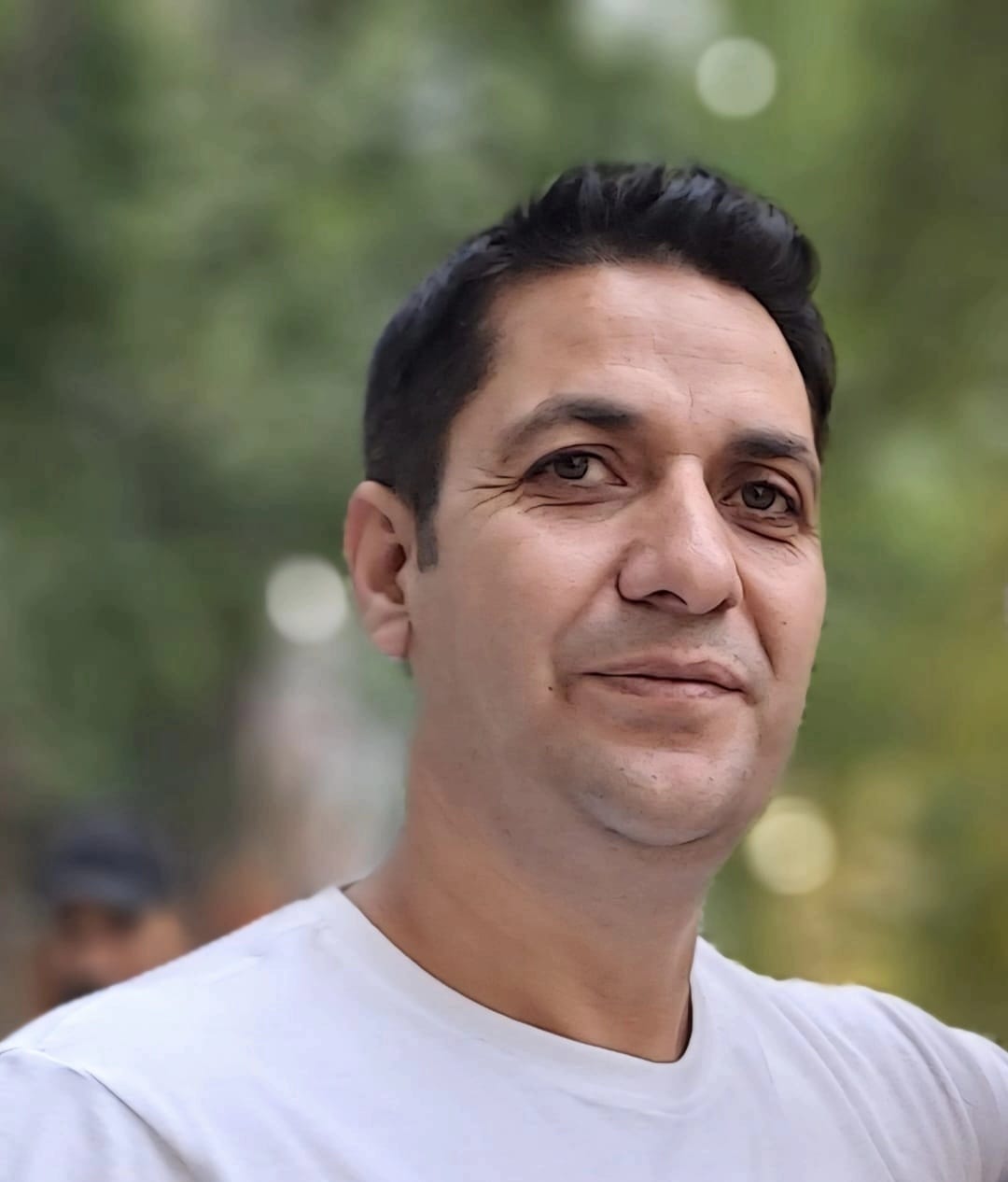
Ajaz Rashid
The recent directive by the Board of School Education, under the instructions of Education Minister Sakina Itoo, regarding the reopening of schools after the 15-day summer break, has raised more questions than answers. While administrative decisions are expected to be rooted in practicality and the welfare of students, this latest move seems alarmingly disconnected from the realities faced by school-going children and their families.
As per the new schedule, schools are to reopen with classes beginning at 7:30 am. At first glance, this might appear to be a harmless shift to beat the summer heat. But a closer look reveals a deeply flawed and impractical approach — particularly for the youngest students.
Consider a child in kindergarten or Class 1 — typically between the ages of four and six. To reach school by 7:30 am, they would need to wake up by 5:00 am, eat a rushed breakfast, and board their school transport by 6:00 am. We are not talking about disciplined teenagers here; these are tiny children barely able to carry their school bags, now being expected to function on adult schedules. This is not only unreasonable but also potentially harmful. The impact of sleep deprivation at such a young age — both physically and cognitively — cannot be ignored. Numerous studies link inadequate sleep in children to poor concentration, weakened immunity, irritability, and long-term developmental concerns.
The impracticality doesn’t stop there. The same department has mandated that students from Class 6 onwards attend online classes after returning from school. In a region where travel time to school often exceeds 30 minutes or even an hour, this adds another burden on already fatigued students. Let’s not forget these students will have just returned from several hours of physical schooling, often without adequate rest or a proper meal.Click Here To Follow Our WhatsApp ChannelExpecting them to immediately plug into devices for digital instruction reflects a serious lack of empathy and planning.
This dual burden — physical schooling in the early hours followed by online classes — is not just pedagogically flawed but also a gross violation of children's right to a balanced and healthy childhood. Has the education department considered the emotional and psychological toll of this academic overload?
It also brings us to a more pressing concern: leadership. Education Minister Sakina Itoo, entrusted with multiple portfolios under Chief Minister Omar Abdullah’s cabinet, appears to be overstretched and unable to devote adequate attention to the sensitive needs of the education sector. Important policy decisions are being made in haste or without proper consultation with educators, child psychologists, or parent bodies. The consequences of such disconnected governance could be devastating.
Our students deserve better — not just structured learning but also rest, play, and time with their families. Decisions that affect the lives of thousands of children should be made with the utmost care and foresight. Unfortunately, if this trend of illogical policy-making continues, we may find ourselves in a situation where the health and future of students are left at the mercy of fate — or worse, neglected altogether.
It is high time that the education department re-evaluates these directives. Dialogue with stakeholders, flexibility in implementation, and above all, a child-centric approach must replace bureaucratic rigidity. Otherwise, these misguided policies risk turning our schools into stress factories — and our children into casualties of poor governance.